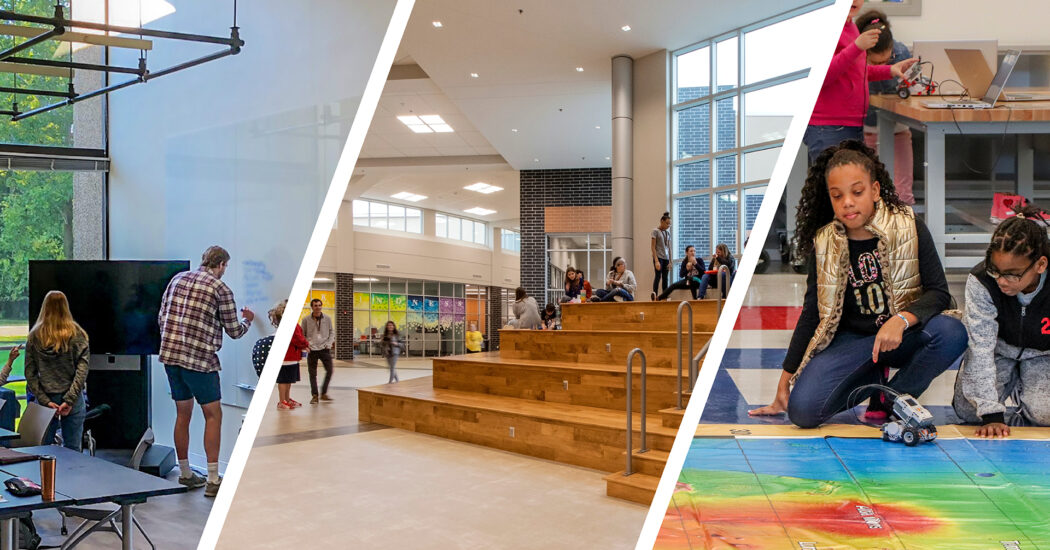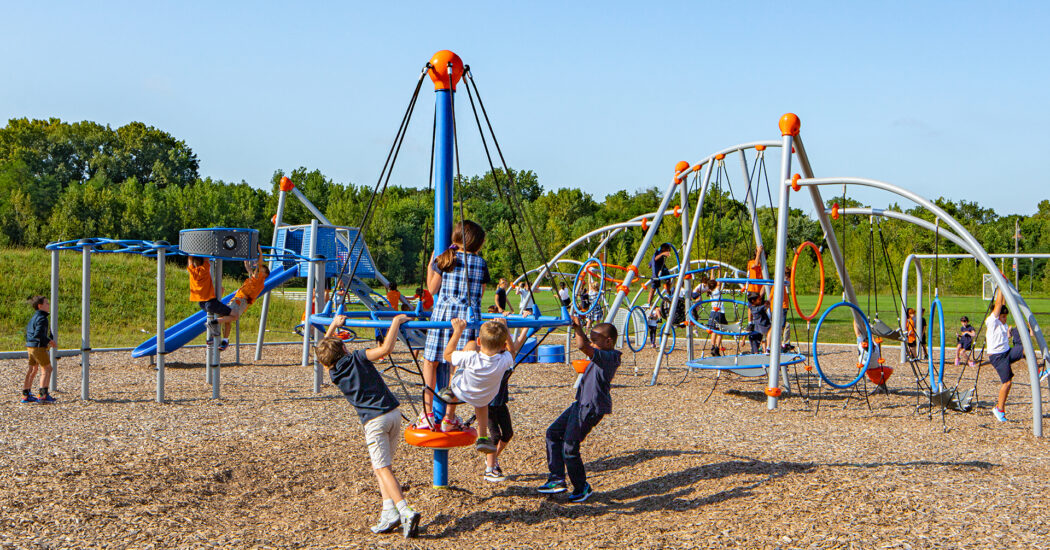Decarbonizing the Built Environment: How the Sisters of Charity of Nazareth Are Going Green
-
Category
Innovation, Perspectives, Studio-Community -
Posted By
Veena Reedy -
Posted On
Feb 12, 2024
The Sisters of Charity of Nazareth (SCN) are setting a commendable example of environmental stewardship by decarbonizing their historic convent in Bardstown, Ky. Recognizing climate change as a significant threat to all life, especially the vulnerable, they have committed to a bold plan to eliminate greenhouse gas emissions by 2037 at their ministries in the United States and Belize and by 2047 in India, Nepal, and Botswana.

Their campus, with 19 buildings across approximately 370 acres, is an historic treasure recognized as a National Historic District in 1984 by the National Parks Service, and it also exemplifies sustainable operations and development. Schmidt Associates is helping further this transformation and get the sisters closer to their goal with a multi-faceted approach that incorporates geothermal technology, adaptive reuse, and an overarching smart ecological approach. Let’s look at how it’s being done.
A Step Toward Self-Sufficiency
The SCN have harnessed the earth’s stable temperatures by installing a geothermal system across campus buildings like St. Vincent de Paul Church, the Motherhouse, O’Connell Hall, and Carrico Hall. This system, which includes a 275-ton capacity central plant wellfield with 156 wells, significantly reduces energy use and the campus’s carbon footprint, projecting an Energy Use Intensity (EUI) decrease of 20 percent.
Honoring the Past, Building the Future
By converting an old boiler station into a geothermal energy central plant, the SCN are exemplifying how historic spaces can be repurposed for modern sustainability needs, preserving heritage while advancing green initiatives.
Rewilding and Biodiversity Efforts
Preservation of the campus’s forests, along with efforts to proliferate biodiversity and protect water and soil aids in the natural breakdown of pollution. These efforts also support hundreds of species, including endangered bats and a host of migratory songbirds while highlighting the ecological value of the campus’s mature oak and hickory forests.
The SCN approach is comprehensive, addressing not only direct emissions by eliminating on-site combustion but also indirect emissions by reducing their reliance on external energy providers. They also tackle emissions generated by activities such as construction and transportation related to campus operations. Currently, the design team is conducting wildlife and botanical surveys to guide conservation efforts.
Meeting Sustainability Goals
After the land is disturbed for the installation of the geothermal wellfields, the value of the site will be enriched by:
- Planting cover crops and native raingardens improving soil health, carbon capture, and stormwater runoff filtration.
- Installing nature paths and planting fruit trees encourage connection with nature, produce food onsite and contribute to air quality and carbon sequestration.
The SCN’s dedication to a greener planet is also a commitment to education on sustainable development, demonstrating that environmental consciousness can coexist with historical preservation. Their journey is a profound and deeply powerful reminder that the care we extend to our natural world directly reflects the care we hold for humanity.
Learn more about the historic Sisters of Charity of Nazareth campus
Want to decarbonize your built environment? Let’s connect today.
With over 20 years of experience in the fields of architecture and sustainability, Project Architect | Associate Veena Reddy believes her primary task is to create sustainable environments where people will thrive in all aspects of their lives. Her core values of aspiring to be socially responsible and making ethical choices allow her to be a trusted leader and an asset to every project. Along with creative problem-solving skills, her extensive technical experience on complex projects, her organization, and her discipline, make her a strong project architect. Veena knows the most successful projects start with clearly defining the client’s visions and goals. While serving as a project architect keeps her busy, Veena makes time to impact change in the City of Louisville by donating her services to several nonprofit organizations, including Vocal KY, Kentucky Science Center YouthBuild, and the Bernheim Research Forest. She is on the International WELL Building Institute Advisory Board, a member of the Kentucky Science Center Board, and the Bernheim Research Forest LAND Committee.
*This blog was developed from Veena’s presentation, “Carbon Zero Mission: A Historic Convent Decarbonizes Using Geothermal Technology, Adaptive Reuse, and Smart Ecology” that was presented at the 2024 Indiana Sustainability and Resilience Conference in Indianapolis.







